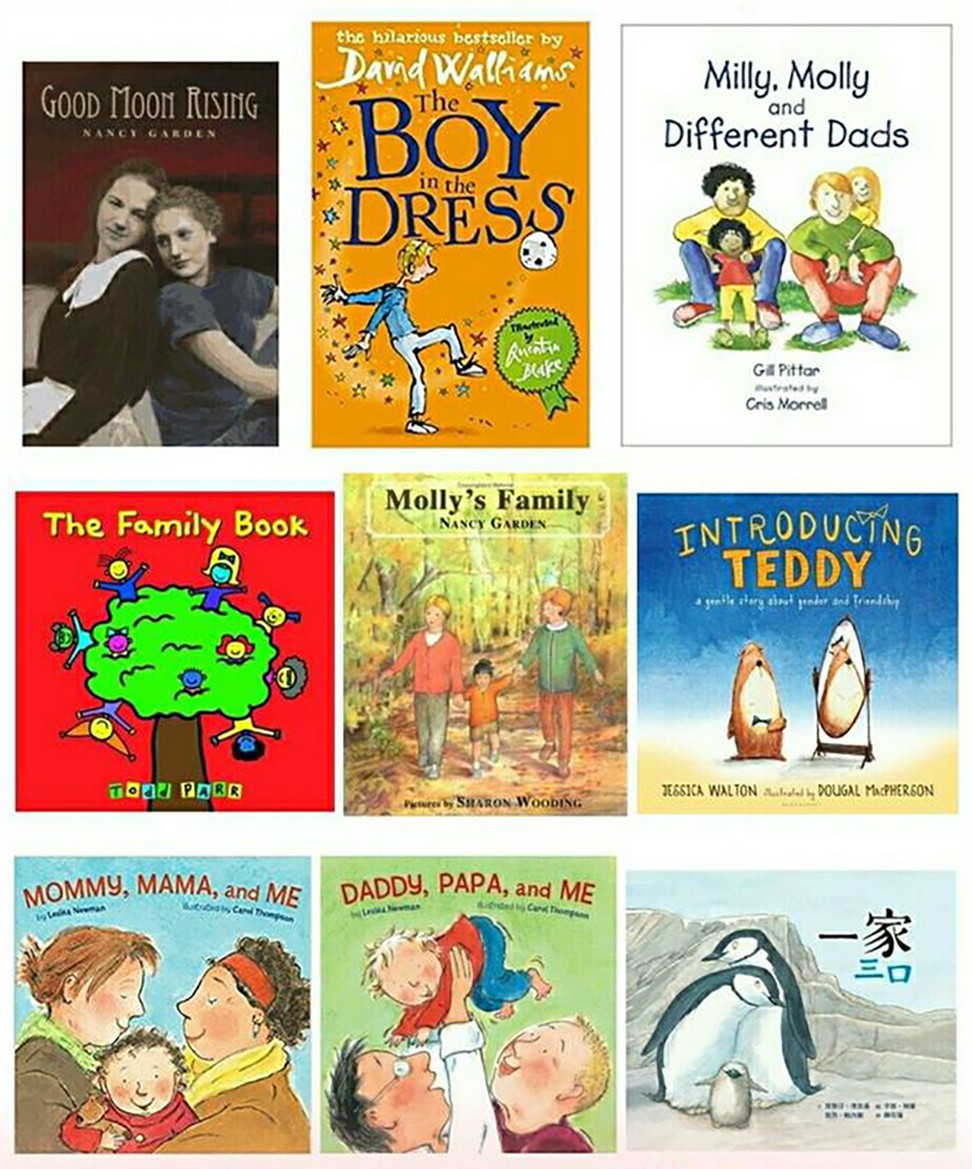LGBTI Calls for Hong Kong to Reverse Its Decision to Hide 10 (LGBT-Theme) Children's Books
An international human rights group has called on Hong Kong’s government to immediately reverse its decision to hide 10 children’s books with LGBT themes from public view in libraries, warning the move sent a discriminatory message.
In a letter to the head of the Home Affairs Bureau and its Leisure and Cultural Services Department (LCSD) on Wednesday, Human Rights Watch criticised the move to place the books in the “closed stacks” sections of local libraries. It said the arrangement limited citizens’ access to information about homosexuality and discriminated against LGBT youth based on their sexual orientation and gender identity.
“Discriminatory placement of LGBT content in libraries not only sends a stigmatizing message that LGBT content is inherently inappropriate, but deprives people of their right to access information that could be important to their development, health, and safety,” wrote the group’s LGBT rights advocacy director Boris Dittrich.
Last month, Hong Kong public libraries removed children’s book And Tango Makes Three and nine other titles with LGBT themes to the closed stacks of the children’s section, meaning readers would need to file a request to borrow them.
They did so after an anti-LGBT group, the Family School Sexual Orientation Discrimination Ordinance Concern Group, complained to the LCSD in April about the books’ easy visibility. A gay-rights activist has applied for a judicial review of the decision.

Singapore’s public libraries similarly covered up LGBT-themed books – also including And Tango Makes Three – in 2014, but that was reversed following public outcry. However, the titles intended for children were still kept in the adult section.
Dittrich warned Hong Kong’s move could violate its international obligation to protect equality.
It would also contradict the spirit of Unesco’s public library manifesto, which states it should provide services “on the basis of equality of access for all”, he said.
The LCSD previously said it adhered to the manifesto, but would not use library materials to promote a specific belief or view.
Democratic Party lawmaker Roy Kwong Chun-yu, who sat on the government-appointed Public Library Advisory Committee, said it was alarming for a public library to limit certain books, and that doing so was against the norms of an open society.
He added that public libraries were about to begin buying a new batch of books after the summer and that he hoped the same policy would not be evident in the procurement.
Comments